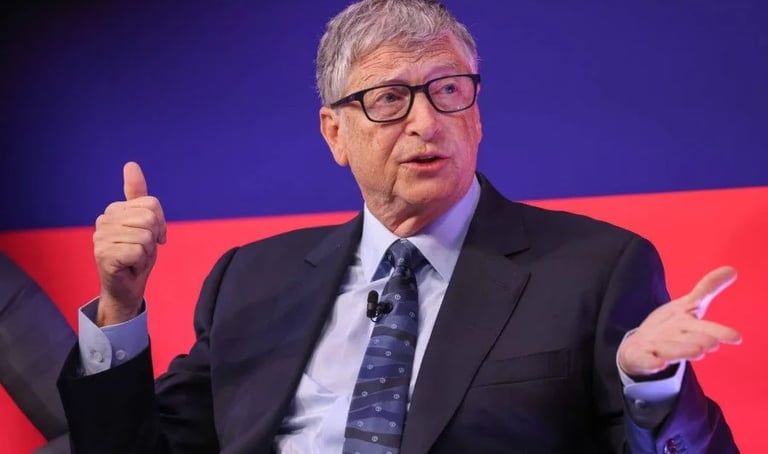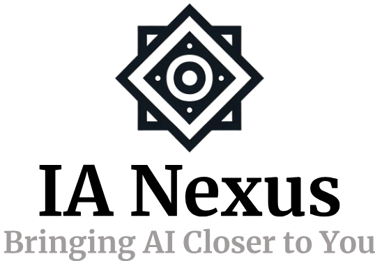“Most People Will Be Jobless Soon,” Warns Bill Gates
Bill Gates warns that most people will soon be jobless due to artificial intelligence. Discover why he believes this is coming and what it means for the future of work.
Alexander Hart
4/13/20252 min read


Introduction
Artificial Intelligence is no longer just a tool. It is becoming a major force in shaping the future of the job market. With machines getting smarter and faster, one question is now more urgent than ever: What will happen to human jobs? In a powerful and controversial statement, Bill Gates warns: “Most people will not have jobs in the future.”
This prediction is not science fiction. It is a reality already beginning to take shape.
“Most People Will Lose Their Jobs,” Says Bill Gates
Bill Gates, the billionaire founder of Microsoft, has shared a bold and alarming vision of the future. Speaking about the rapid growth of artificial intelligence, Gates said he believes that a world without jobs for the majority is not only possible — it’s likely. AI, he says, is advancing so fast that soon, machines will be able to perform tasks better, faster, and cheaper than people.
In an interview cited by CNBC, Gates stated:
“In the future, a lot of jobs will be replaced by AI. We need to rethink the structure of our economies.”
His message is clear: the traditional model of employment may not survive the AI revolution.
What Jobs Are Already at Risk?
The effects of AI on employment are already visible across different industries. Here are a few areas where automation is having a strong impact:
Manufacturing and Warehouses
Machines now handle repetitive tasks like sorting, packaging, and transporting products. This reduces the need for human labor in factories and logistics centers. Chatbots and voice assistants can answer questions, process requests, and handle complaints — 24/7, without breaks or salaries. AI tools can write emails, generate reports, and even create presentations. What once took hours of human effort can now be done in seconds
Creative Work
With the rise of generative AI, even areas like graphic design, writing, and music production are being automated.
What Happens If Most People Can’t Work?
This prediction raises important economic and ethical questions:
How will people earn money if there are no jobs?
Should governments provide a universal basic income (UBI)?
Will only a small group of people control the wealth created by AI?
Some experts argue that society must prepare now, by investing in education, reskilling programs, and new social policies to support those who are displaced.
Final Thoughts: A Future to Fear or to Shape?
The future is not set in stone. Bill Gates’s warning is a call to action, not a death sentence for work. If handled with care, AI could create new opportunities, improve lives, and reduce inequality. But that will only happen if we act wisely — and quickly.
Insights
Stay updated on AI news and trends today.
Learn
© 2025. All rights reserved.
